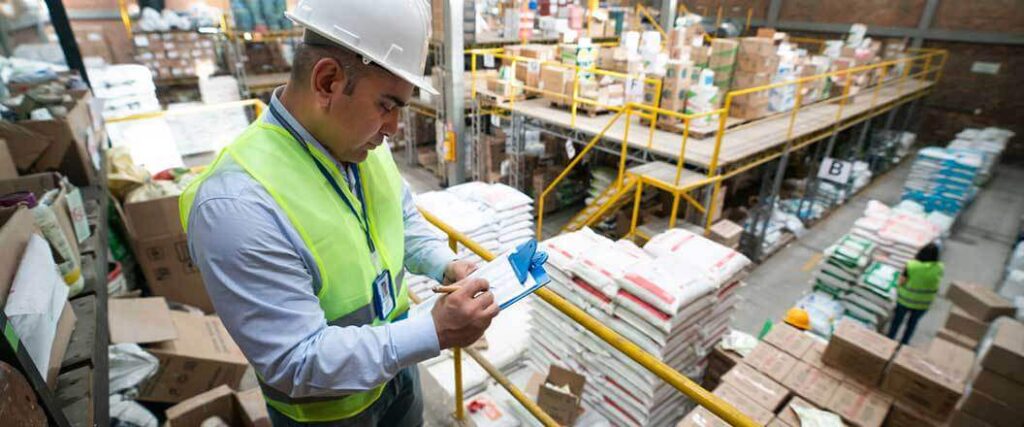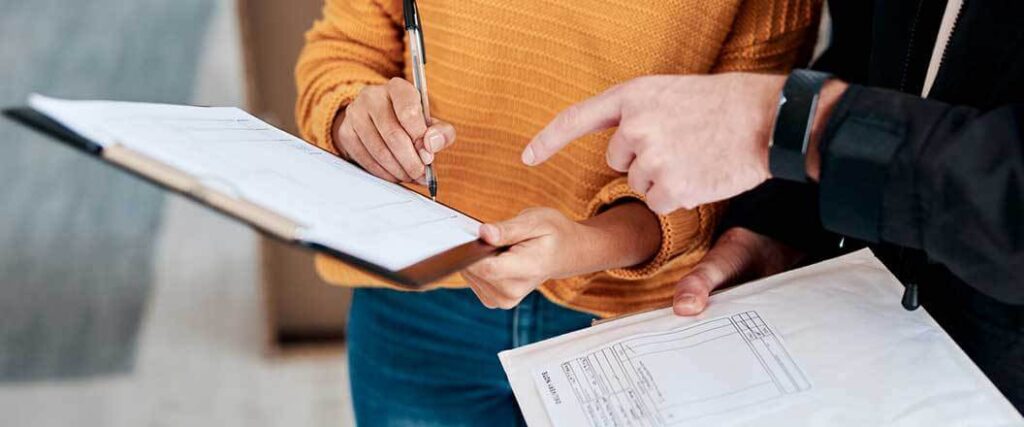
Customs penalties and fines can be difficult for even the most seasoned importers to avoid. One misstep, and you're not just looking at hefty financial penalties; the ripple effects can hurt your business. The challenges of staying afloat after being fined include dealing with damage to your reputation as well as cash flow issues.
U.S. Customs and Border Protection (CBP) stipulates strict regulations for imports. Non-compliance can lead to customs penalties and fines. These measures safeguard trade integrity, ensuring that goods entering the United States adhere to local laws. Overlooking details can have financial consequences for importers.
Our guide to customs penalties and fines will help you know what mistakes to avoid in this complex business.

U.S. customs penalties refer to corrective measures for violations, which can include imprisonment. Customs fines are monetary penalties assessed by CBP. These punitive measures hold significant sway in global trade. They ensure the smooth flow of goods and legal compliance.
For a clear image of how much money CBP gathers in fines each year, take a look at the following table.
| Year | Total Fines Assessed in USD |
| 2018 | $42.2 million |
| 2019 | $43.1 million |
| 2020 | $44.6 million |
| 2021 | $132.2 million |
| 2022 | $77.7 million |
Source: cbp.gov
The last two years have shown a dramatic increase in the CBP’s fine collection, perhaps as a result of increased trade and e-commerce businesses now importing.
To avoid allowing your profits to be part of those statistics, we should first define what counts as a customs violation.
Any disregard for customs laws and regulations counts as a customs violation. These violations aren’t just deliberate attempts to get around import laws. Any mistake in the customs process could lead to a violation. Understanding these violations can prevent mistakes from hurting your bottom line.
Some of the most common customs violations include:
Each of these violations merits a detailed explanation and a description of possible fines and penalties.

Don't waste your valuable time and resources struggling with customs on your own. Let our importing specialists take that burden off your shoulders.
Navigating the customs process requires attention to detail. A pivotal part of this is the declaration of goods. This lets customs agents know what you're bringing into a country. But what if something slips through the cracks? Even innocent oversights will trigger a violation.
Let's delve into the repercussions and the importance of full disclosure.
It's crucial to ensure every item is accurately declared to customs to avoid issues. Doing so will maintain your business's reputation, and ensure a seamless import process.

Proper record keeping stands as a cornerstone for any successful importer. This process can prevent loss of revenue during a CBP audit by providing an accurate record of all shipment details. Inaccurate records can result in fines years after a transaction takes place.
Some benefits of keeping your books in order include:
Always make sure your records are accurate and up to date. If CBP decides to audit your shipments, you’ll be prepared.
Essentially, a merchandise violation is any misrepresentation of the imported merchandise in question. Whether done on purpose or accidentally, violations can result in penalties.
Examples of common merchandise violations include:
To illustrate how an instance of merchandise violation might play out, consider the following scenario.
This is a merchandise violation on two fronts: counterfeit infringement and failure to meet safety standards. The importer may face multiple charges in a single shipment. A fine for each counterfeit item, legal action from the infringed brand, and confiscation of the entire shipment.
Ensuring compliance begins with thorough research. Know the regulations for the type of merchandise you're importing. This involves understanding labeling requirements, safety standards, and ensuring that you're not infringing on any patents or trademarks.

‘Country of Origin’ refers to where a product is manufactured, produced, or grown. This is used to calculate certain duties and taxes on goods imported to the U.S.
Some important elements of country of origin in importing include:
It's essential to maintain clear lines of communication with suppliers and keep accurate records to verify the origin of products. If you’re uncertain about a product's origin, consulting with a customs broker can provide clarity.
Find out more about country of origin in our guide to import compliance.
The prospect of lowering costs can tempt businesses to undervalue imported goods. At face value, it might seem like a clever strategy to reduce payable duties, but the implications of such an action can have long-lasting consequences.
Consider what it really means to devalue goods:
The consequences of undervaluing goods can include:
It’s also worth noting that suppliers may play a role. Some sellers will undervalue their goods to make them more attractive to buyers.
Whether the importer is aware or not, they will still need to deal with the penalties. Clearly, it’s in your best interest to properly value your merchandise. Doing so will keep you from incurring fines from CBP and help build your business’s reputation.

Each of the violations listed above can be categorized under the umbrella term ‘custom duty evasion’. When done on purpose, they constitute a deliberate effort to underpay duties and taxes on imported goods.
Unfortunately for well-intentioned importers, CBP draws little distinction between deliberate efforts and honest mistakes when it comes to assessing penalties. Given the complexity of import laws, there are plenty of opportunities for errors to be made. How can an honest businessperson avoid gross negligence and violations?
The following five best practices will go a long way toward keeping your shipments compliant with CBP regulations.
Out of all these tips, partnering with a broker is the most effective. The advantages of working with an expert in customs brokerage far outweigh the potential costs.

Customs brokers are facilitators in the import business. They work with importers to ensure fast and accurate clearance at customs.
Among the many benefits from working with a licensed broker are:
If you’re ready to let an experienced customs broker handle the ins and outs of clearance on your behalf, USA Customs Clearance is here to help.
Discover even more benefits to partnering with a customs broker here.
Customs penalties and violations can add up quickly, but staying informed and working with brokerage experts can make the difference between success and failure.
At USA Customs Clearance, you’ll find a team of experts who are ready to help you achieve success in international trade. Look to us for help with:
Don’t let customs fines, penalties, and forfeitures cut into your bottom line. Partner with the pros at USA Customs Clearance. Call us at (855) 912-0406 or get a risk-free quote online today!
 Copy URL to Clipboard
Copy URL to Clipboard
I export red wine in New York. It is correct this HTS code: 2204.22.20.05? Thank You